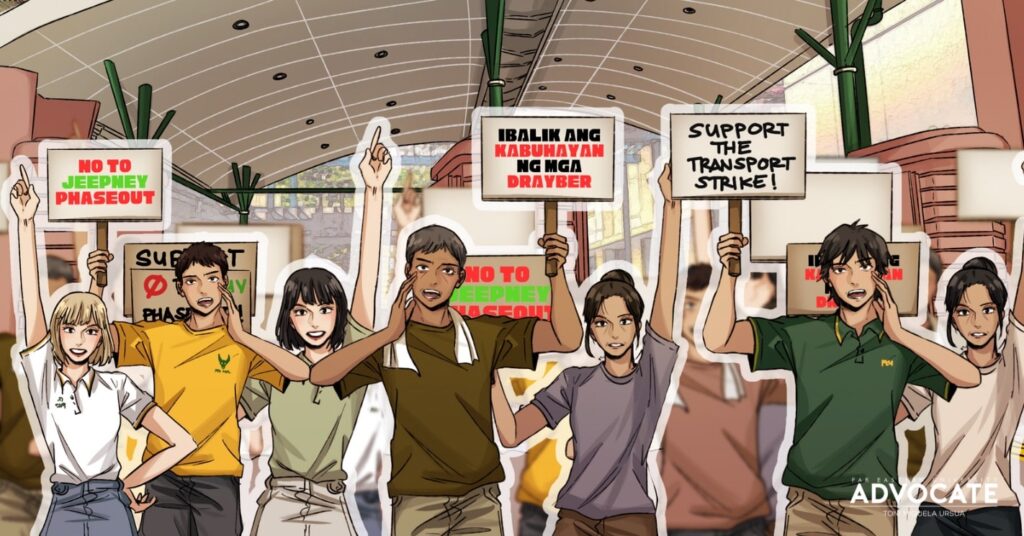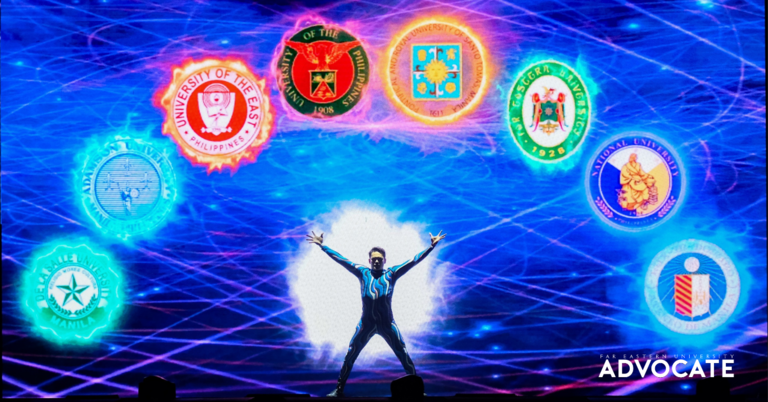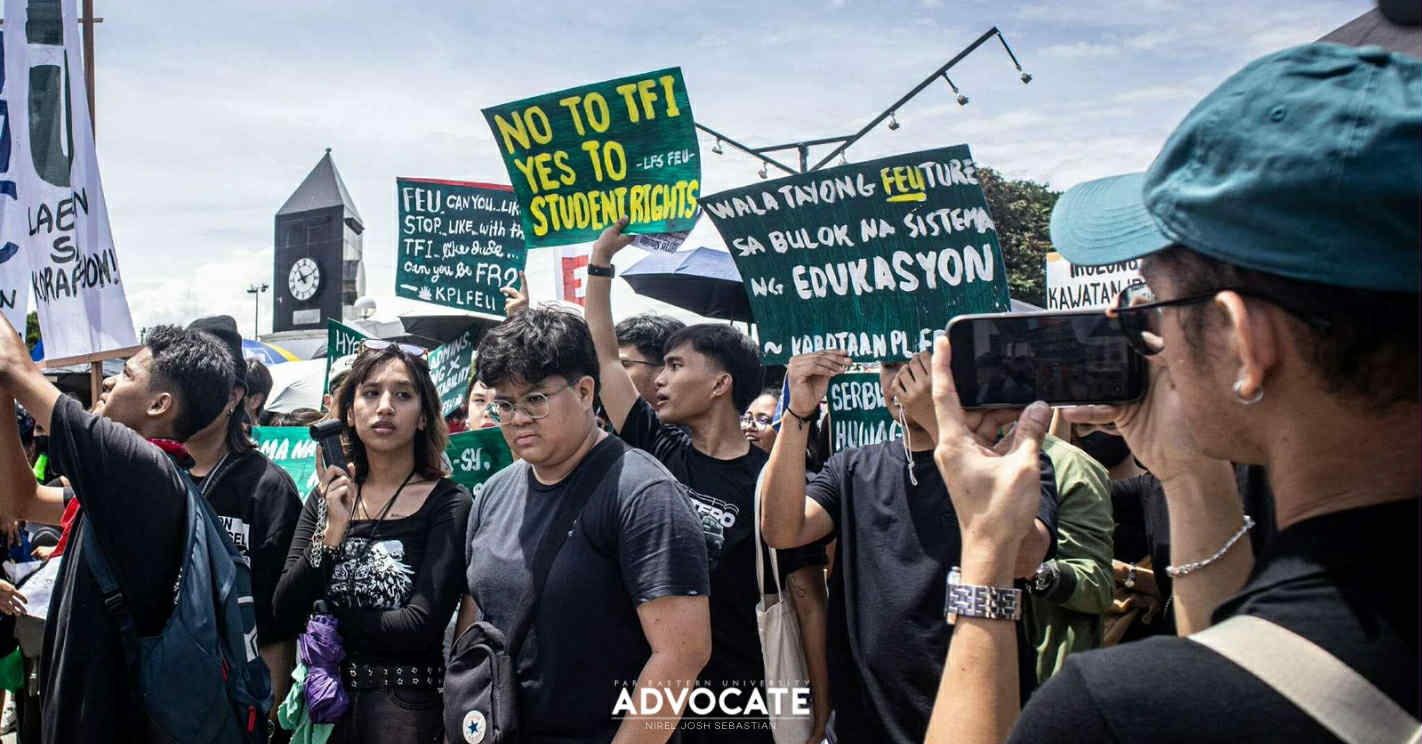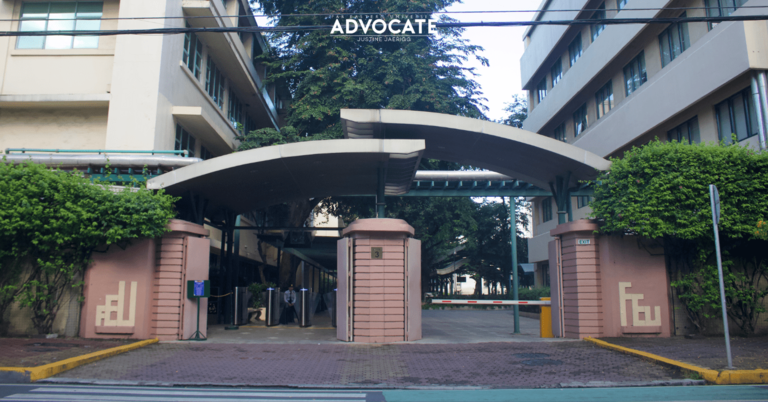
Coach Orcullo gets first win as Tamaraws sweep UP
- February 18, 2024 05:10
FEU Advocate
June 10, 2024 16:58

By Karch Rafael, Managing Editor
Transport strikes will persist for as long as the jeepney phaseout is in place, but suspending classes every transport strike is a non-sustainable response. Academic institutions should instead realize their significant role in forwarding the cause of our jeepney drivers.
Nobody anticipated that the one-week suspension of classes in March 2020 would keep us stuck at home for two long, monotonous years. We had just returned to the happy halls two years ago. The absolute last thing anyone would want is yet another significant disruption of face-to-face classes.
However, Far Eastern University (FEU) has had several onsite classes forced to shift online, and class suspensions scattered throughout the academic year since July 2023 due to transport strikes. Not to mention, Tamaraws were also stripped of another two weeks worth of school days when FEU announced its transition to blended modality lasting from May 2 to 18 because of immense heat indexes.
The efforts of jeepney drivers, operators, and progressive groups to put on hold the jeepney phaseout date back to 2017, when the Department of Tourism under former President Rodrigo Duterte issued the Public Utility Vehicle Modernization Program in the same year.
The government initiative is intended to be more ecologically friendly and enhance the country’s public transportation infrastructure. But some question the administration’s willingness to forgo the loss of many drivers' livelihoods in return for exaggerated claims of modernization and environmental ‘benefits.’
A part of me is grateful that the government and academic institutions account for the welfare of students by suspending classes when need be. Considering the long run, however, the enduring disruption of face-to-face classes would only erode the continuity of education, negating the primary goal of physically attending school.
Academic institutions are caught in the crossfire of jeepney drivers and the government. They have to keep onsite classes ongoing, but they are also in an exceptional position to be allies in the struggle challenging the jeepney phaseout.
In a Facebook post on April 13, FEU announced that classes will push through amid a two-day transport strike on April 15 to 16. The online advisory picked up steam as they advised the students to take alternative routes and alternative modes of transportation, like LRT/MRT, taxis, and ride-hailing services.
Instead of merely reacting to the immediate effects of transport strikes, schools should take a more proactive path in approaching the issue. Academic institutions have the power to nurture a more compassionate and just society through fostering action and a sense of community. They can be an avenue of discourse, upfront aid to drivers and operators, and initiator of civic engagements among students.
Tamaraws can take part in protests, especially that most rallies pass along Nicanor Reyes St., which are accessible to students. While student organizations can take advantage of their far-reaching online presence by initiating campaigns that aim to popularize the issue even more.
Encouraging student participation in this struggle can amplify the voices of jeepney drivers and put pressure on lawmakers to rethink the phaseout plan.
While the persistence of transport strikes due to the jeepney phaseout is expected, the involvement of academic institutions cannot be understated. The continuity of education and the welfare of jeepney drivers need not be mutually exclusive. Rather, they can be intertwined in a shared vision of building happy halls and happy streets.
(Illustration by Toni Miguela Ursua/FEU Advocate)









